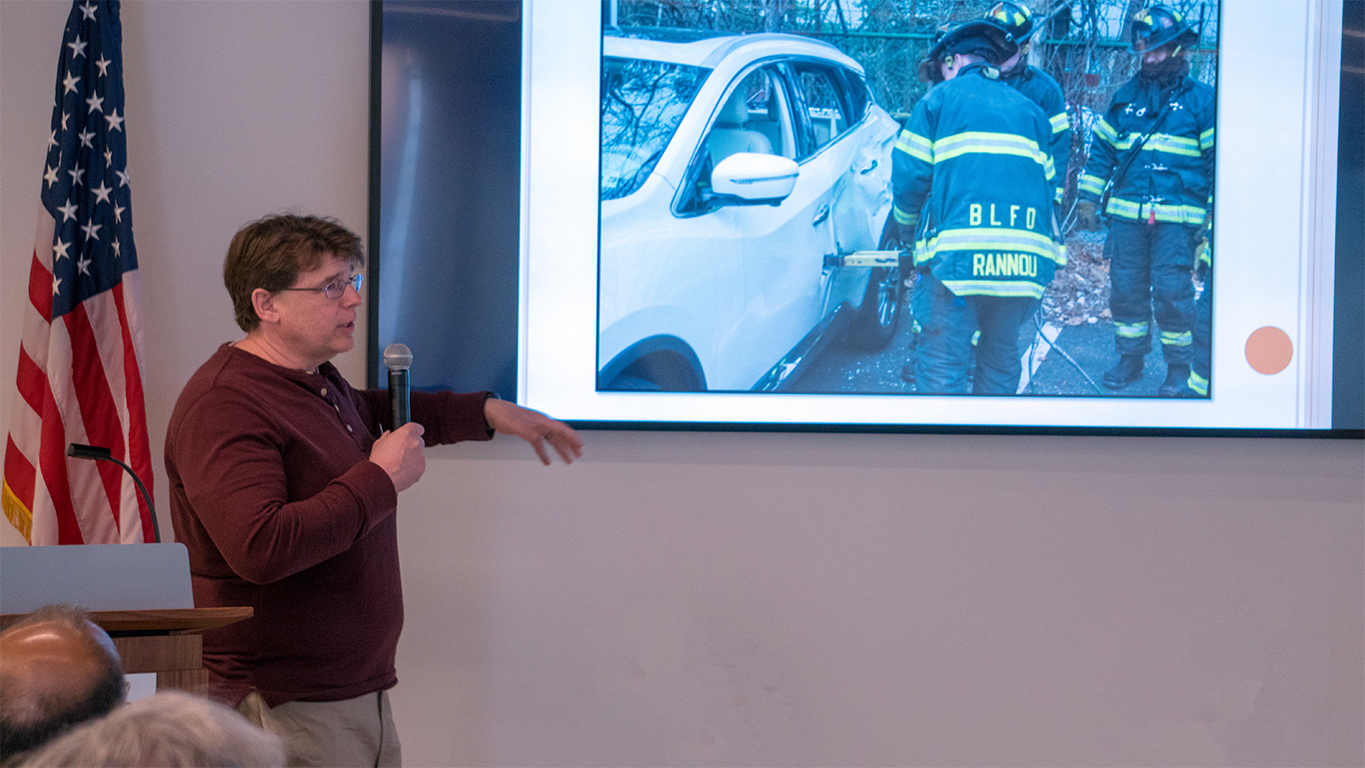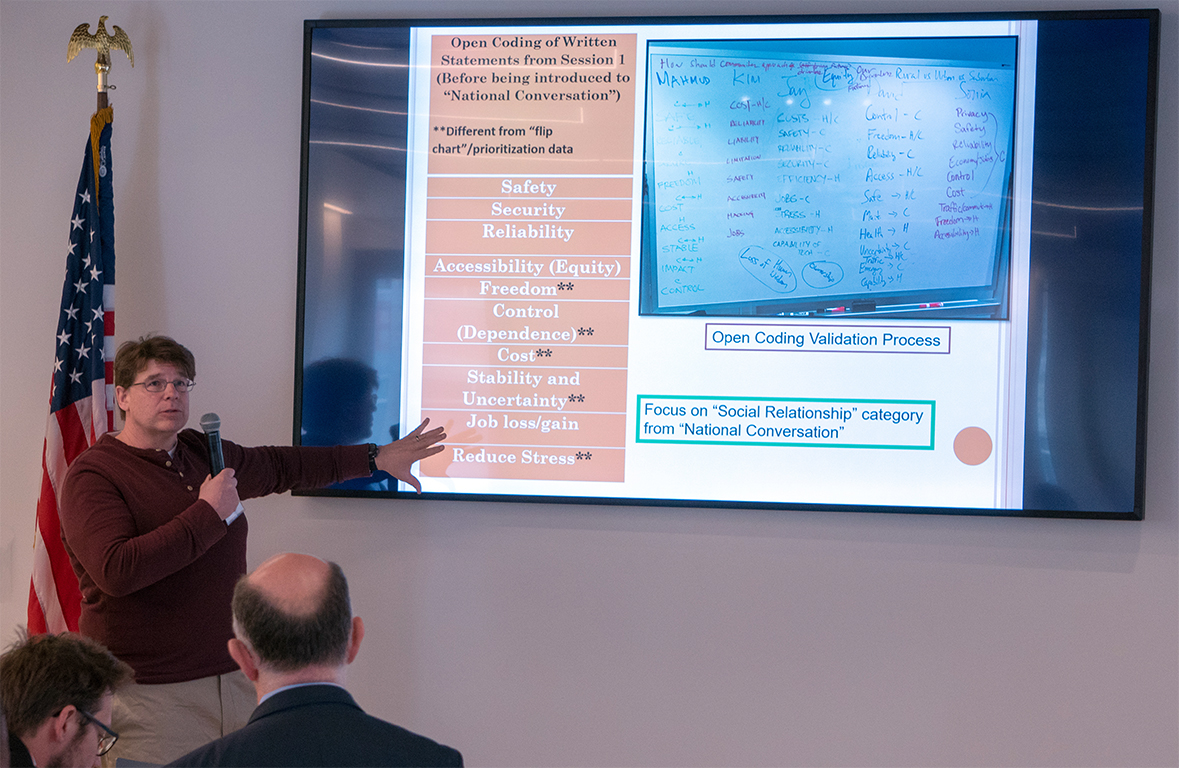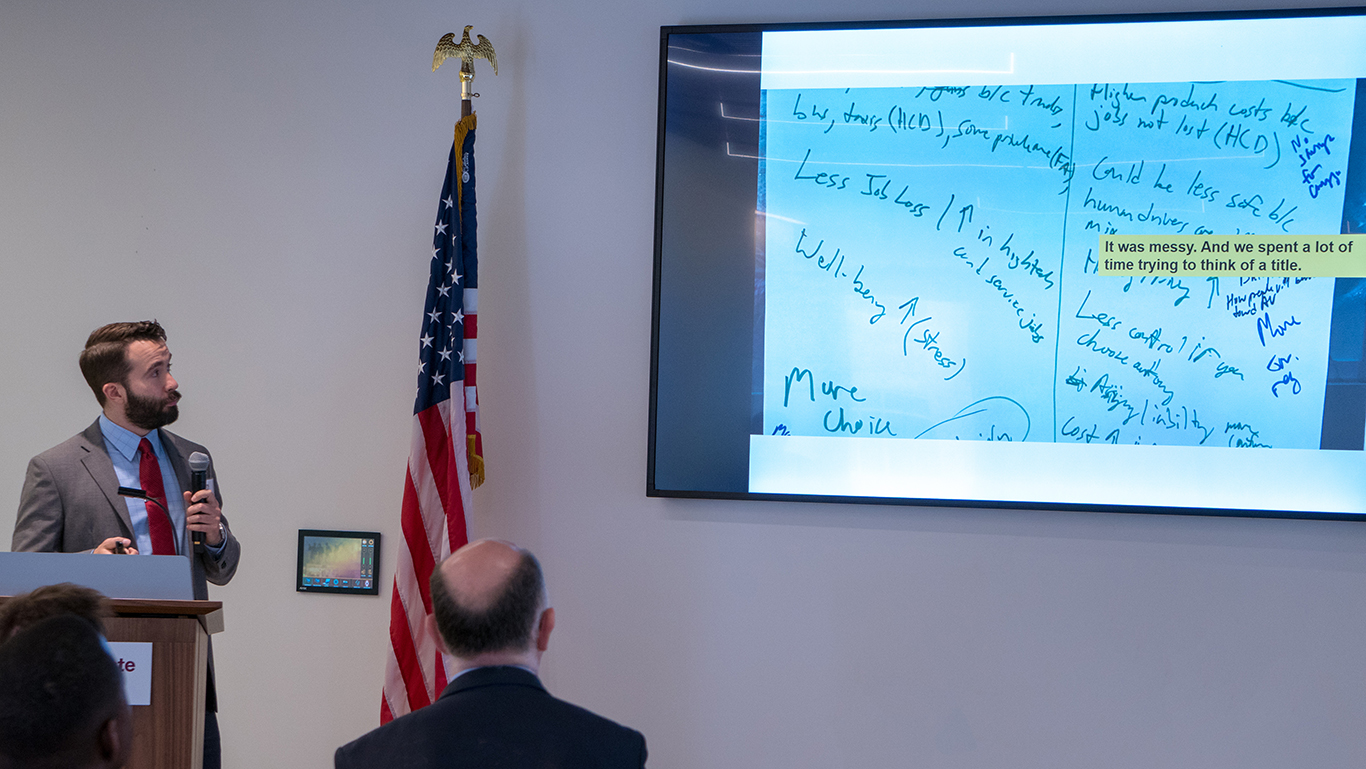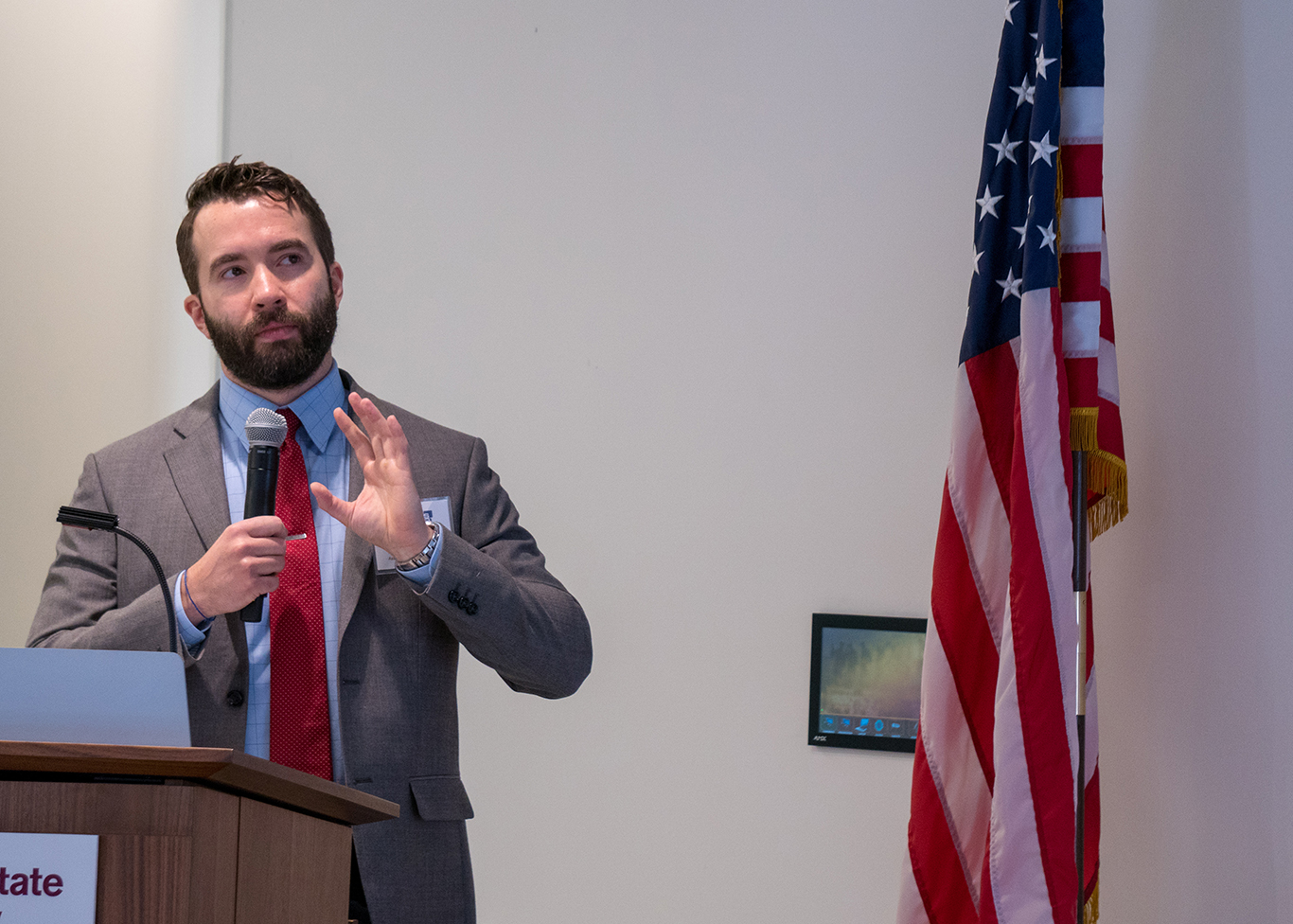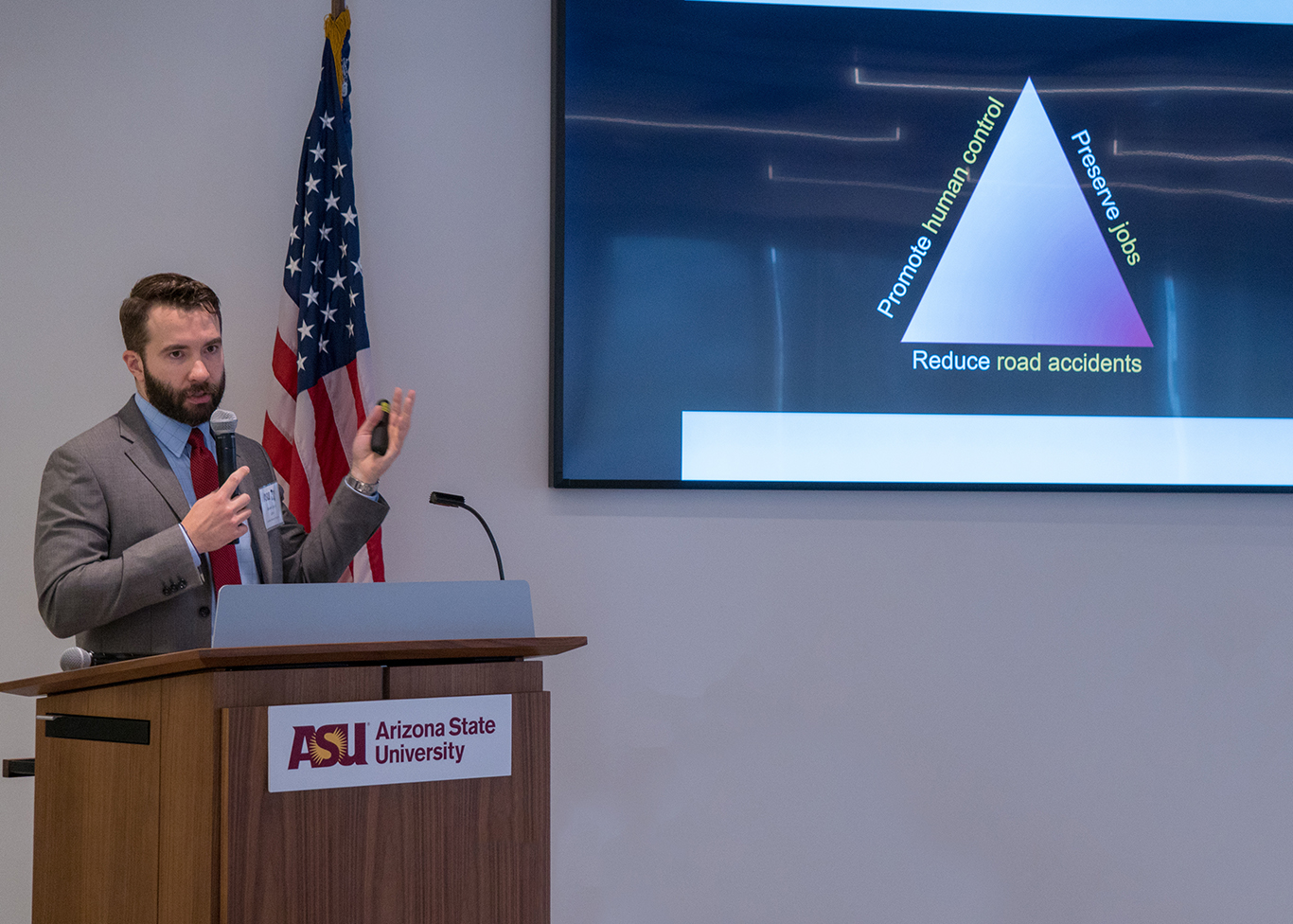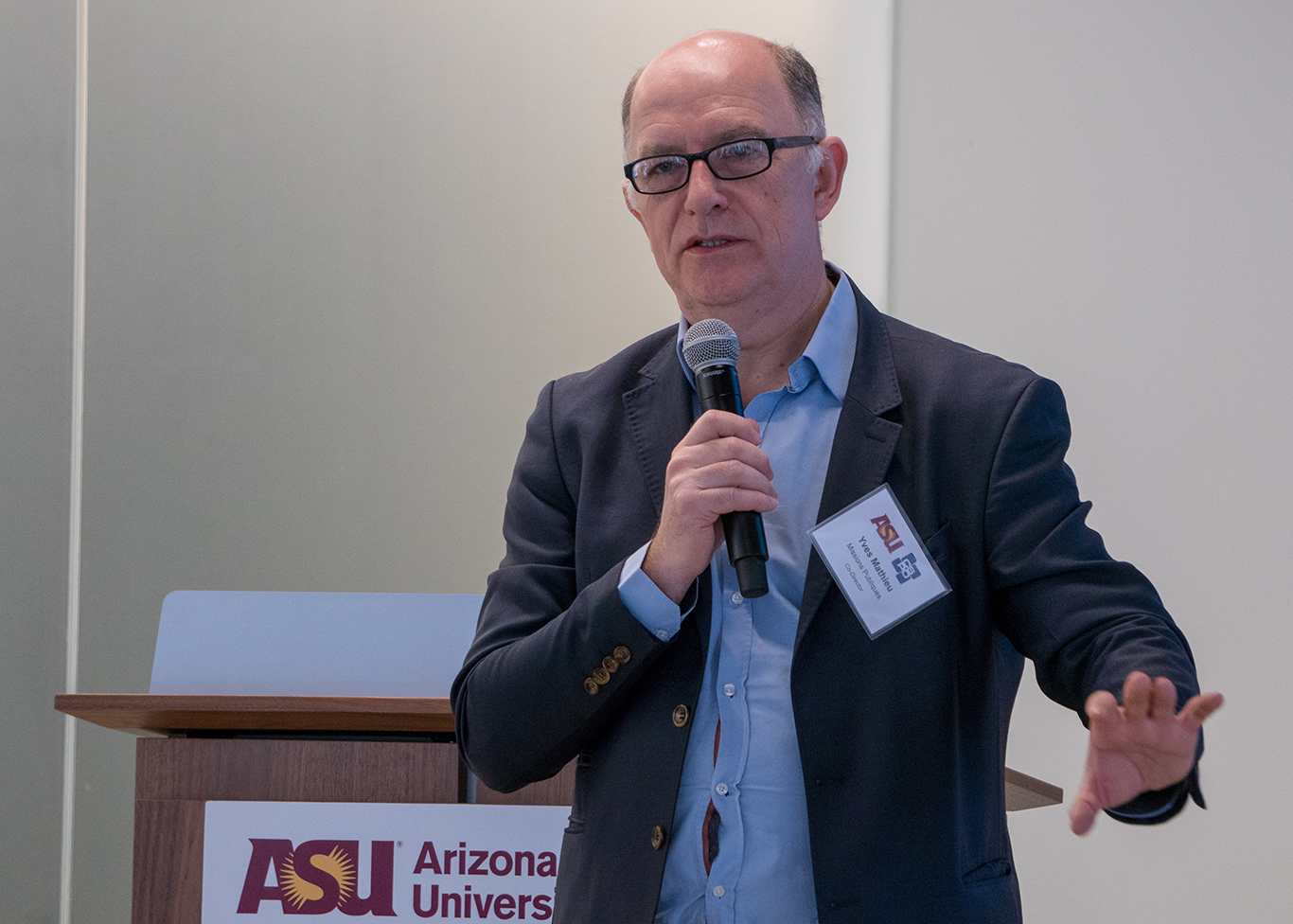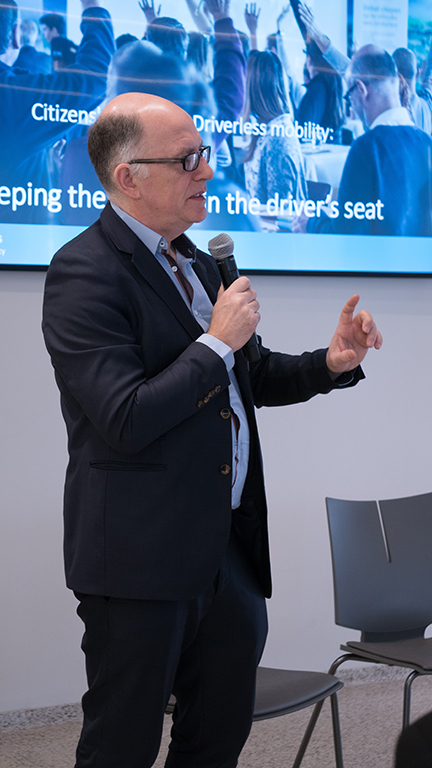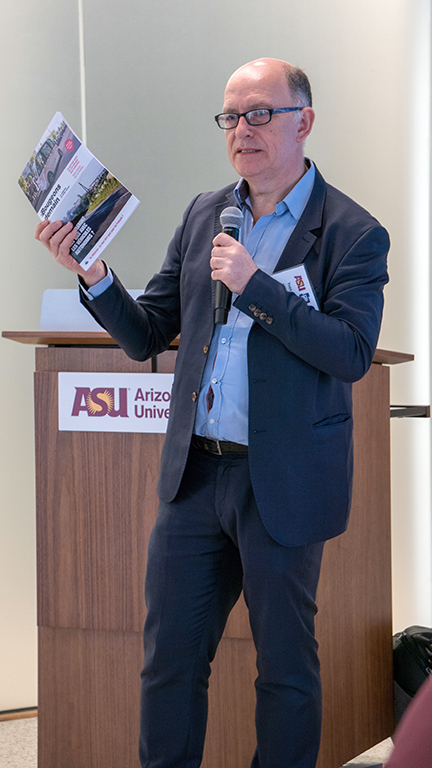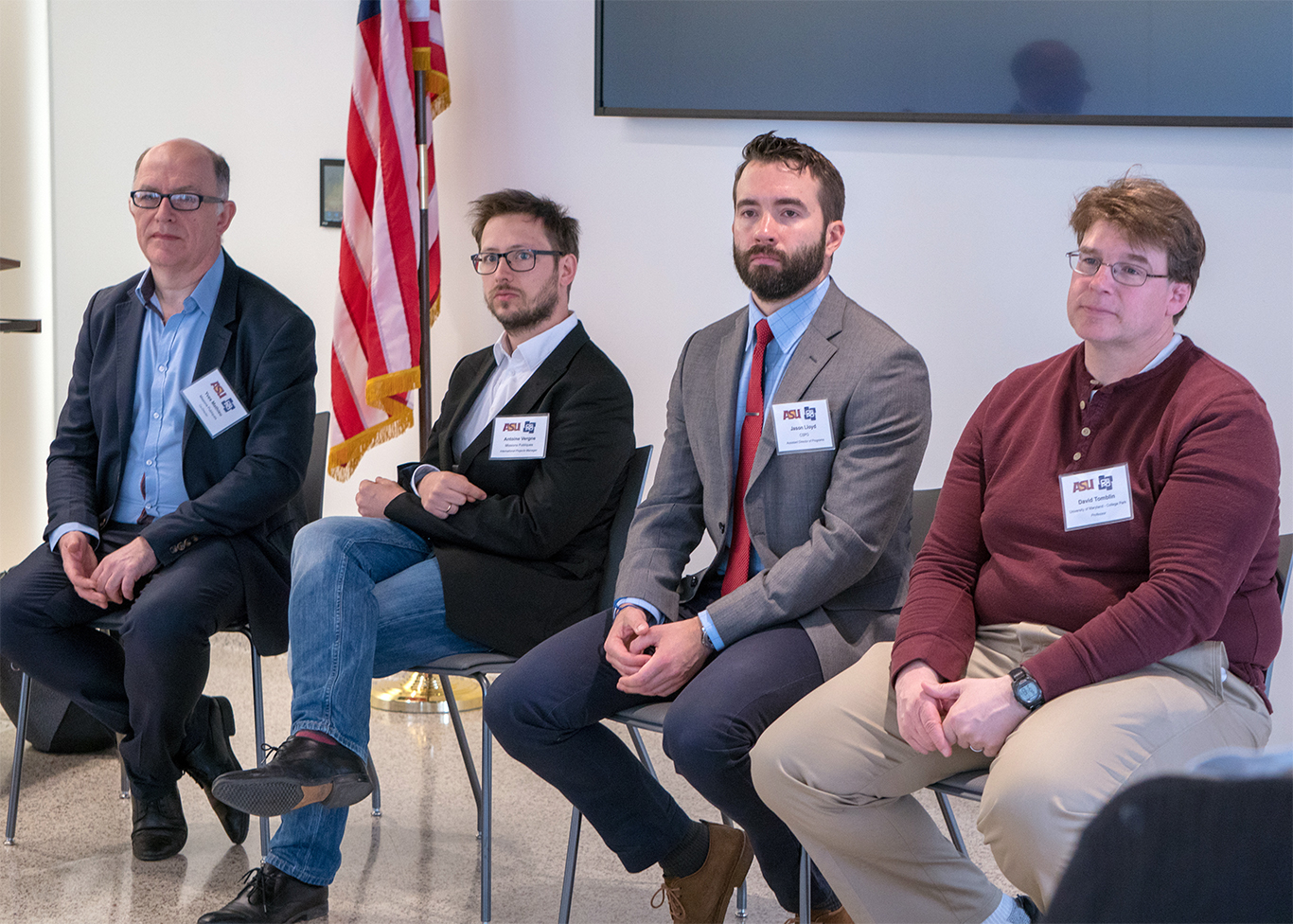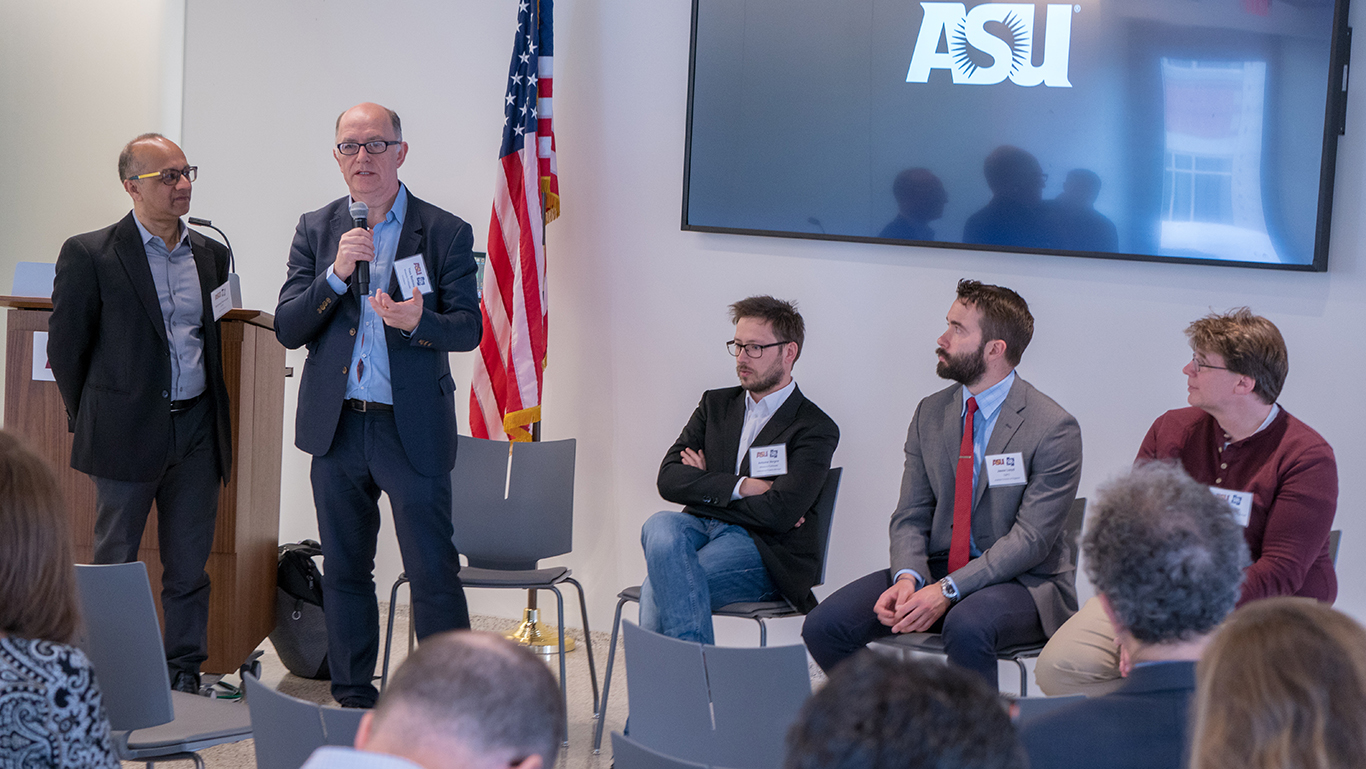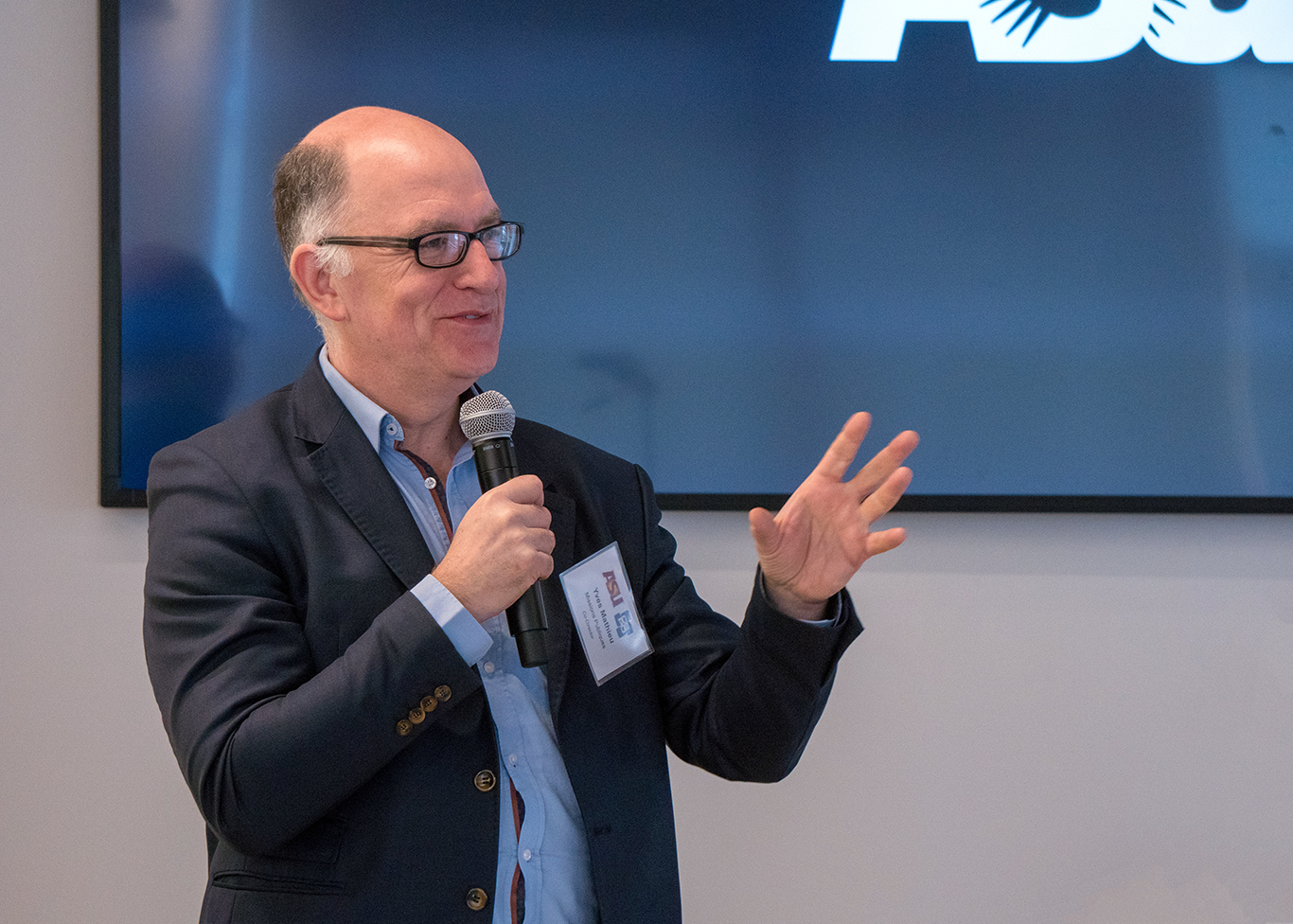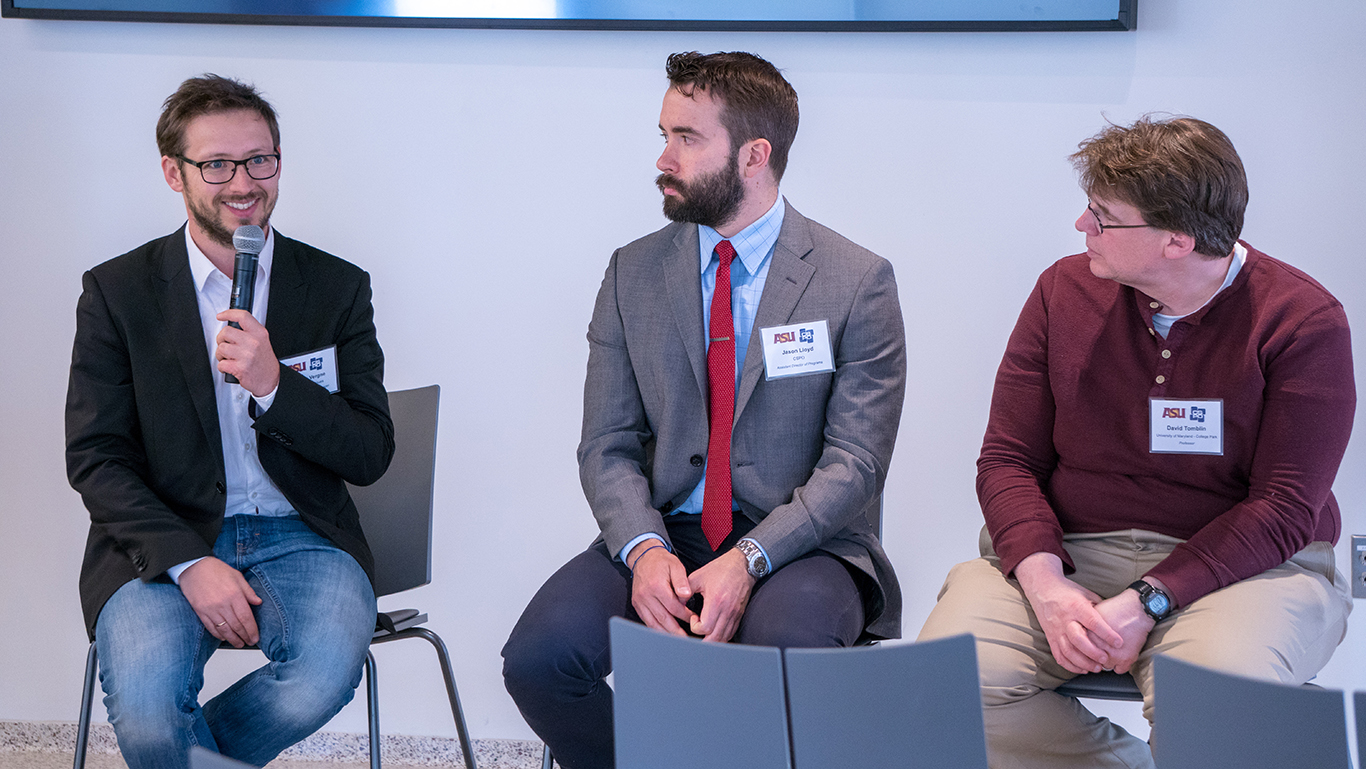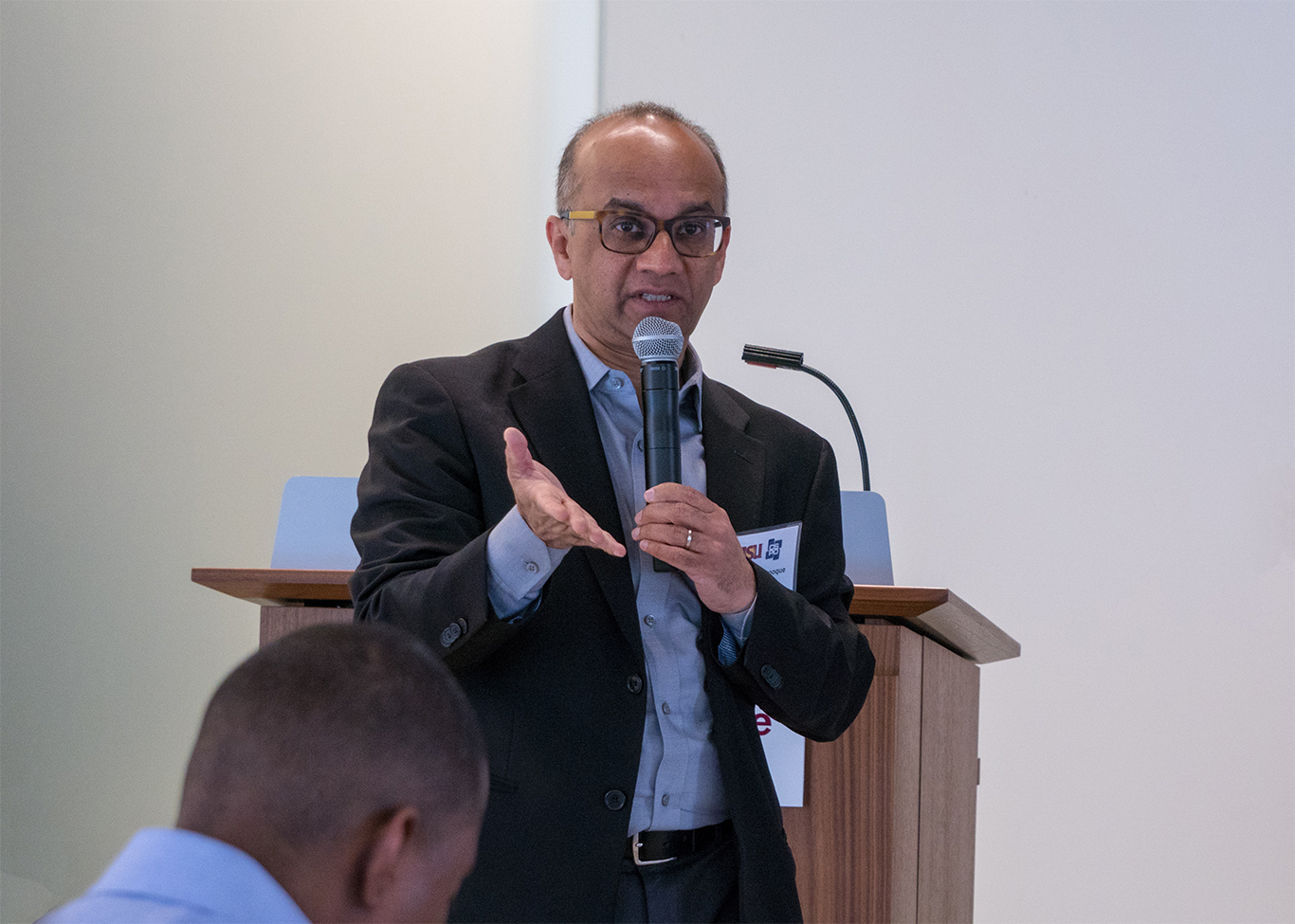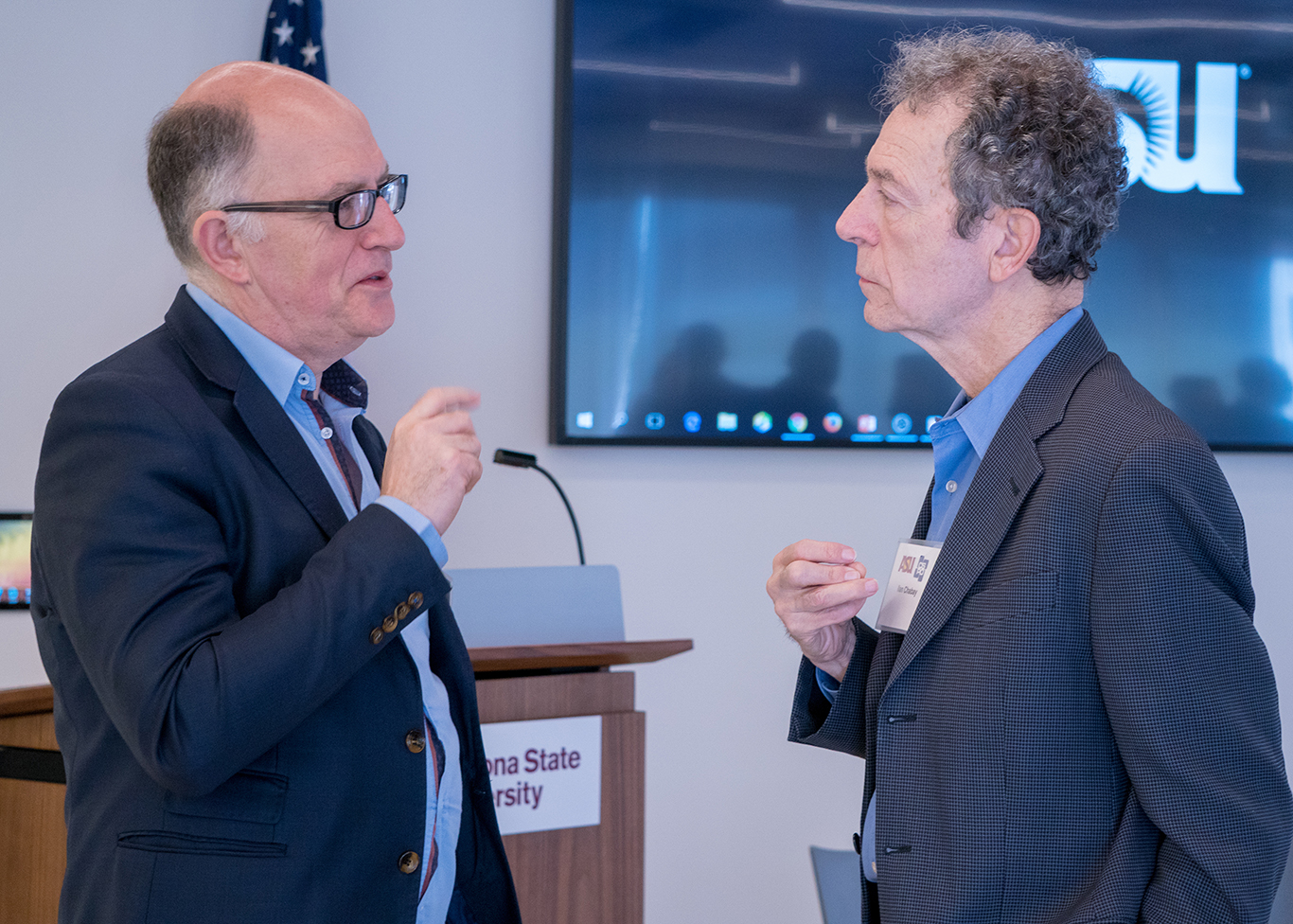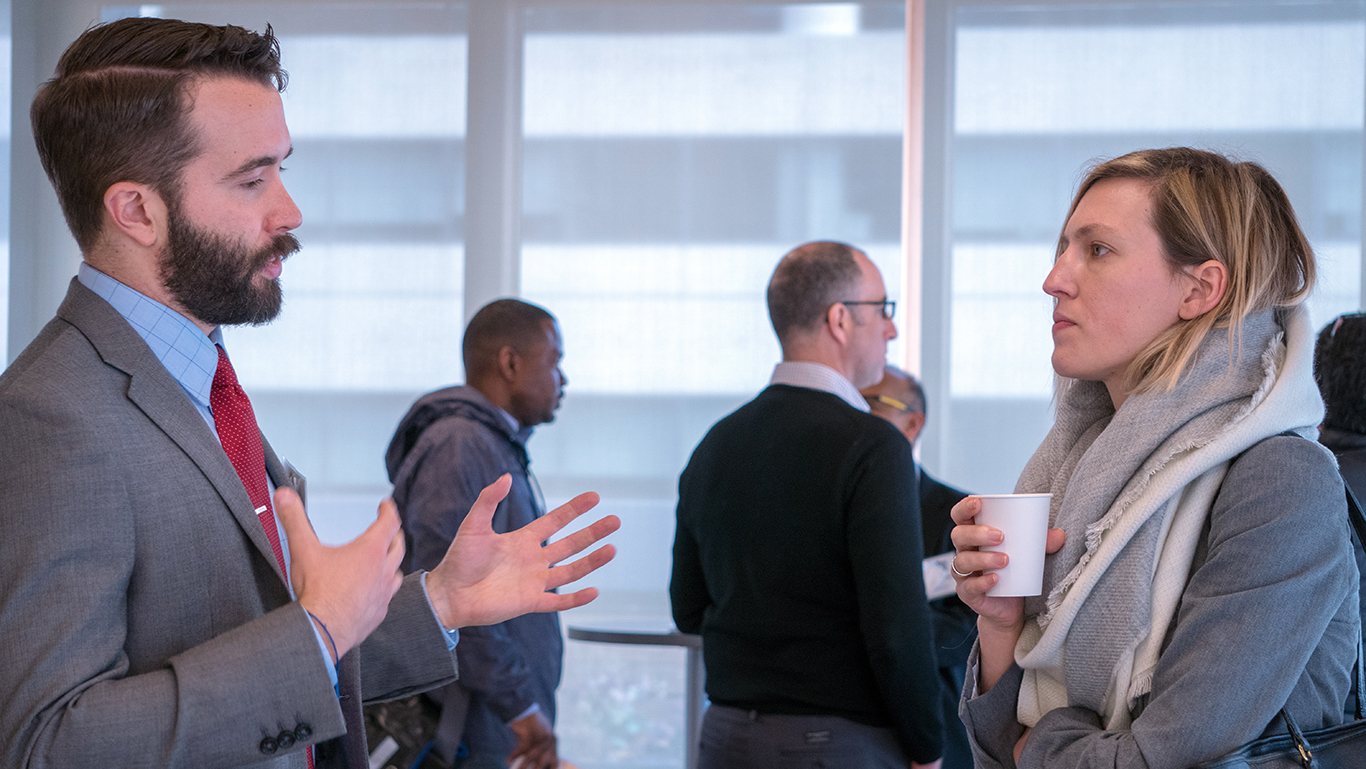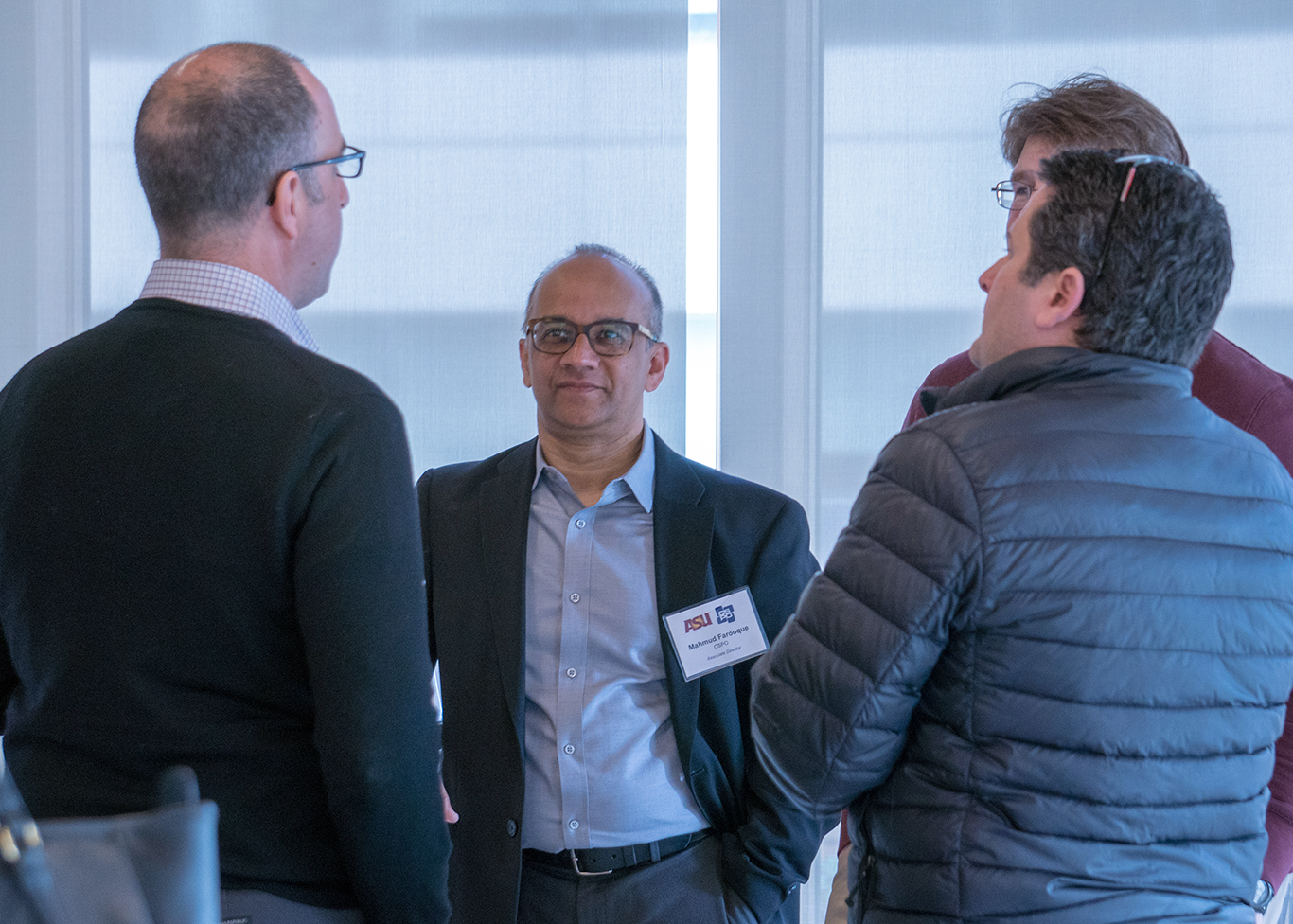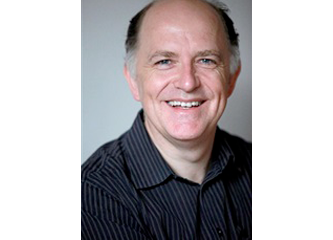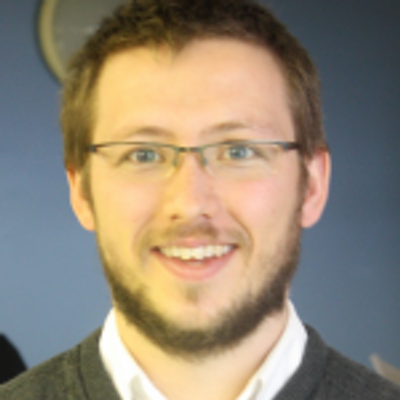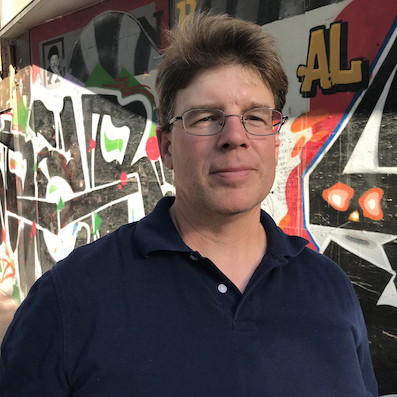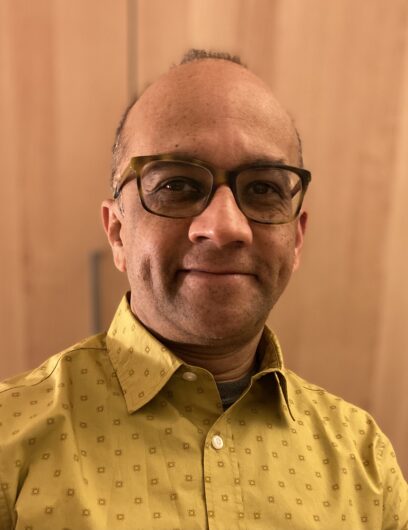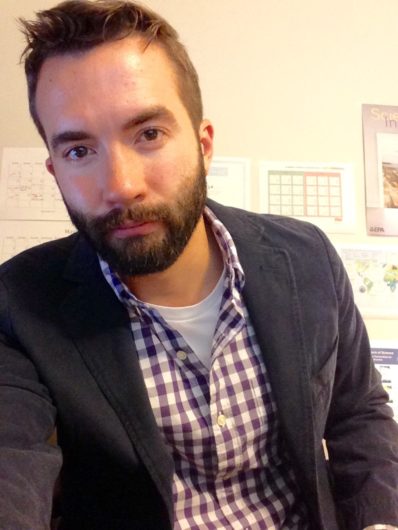Rethinking Science, Policy
Autonomous Vehicles: Keeping the Public in the Driver’s Seat
How citizen deliberations in the US and Europe can inform the future of this technology
About the Seminar
April 11, 2018 8:30am—10:30am
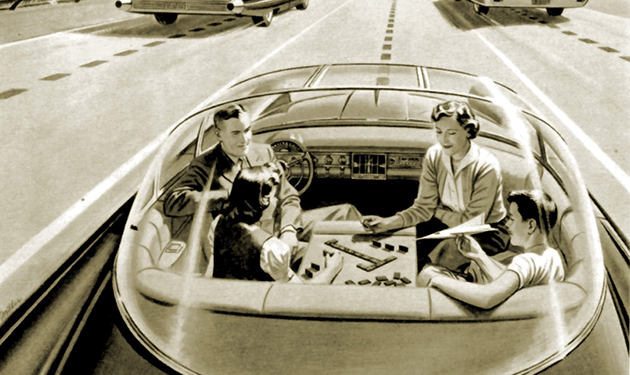 On March 18th, a self-driving Uber SUV hit and killed a female pedestrian in Tempe, Arizona. This was the first pedestrian death involving an autonomous vehicle. The incident has aroused intense public scrutiny, and Uber quickly suspended its self-driving programs throughout the country. With companies like Uber, Waymo, and Tesla claiming that increased safety is the driving force behind their autonomous vehicle programs, what does a fatal crash mean for the future of this technology?
On March 18th, a self-driving Uber SUV hit and killed a female pedestrian in Tempe, Arizona. This was the first pedestrian death involving an autonomous vehicle. The incident has aroused intense public scrutiny, and Uber quickly suspended its self-driving programs throughout the country. With companies like Uber, Waymo, and Tesla claiming that increased safety is the driving force behind their autonomous vehicle programs, what does a fatal crash mean for the future of this technology?
Integrating a technology with such high risks and significant impacts into a community requires understanding of the community’s hopes and fears. Unfortunately, product developers and policymakers all too often overlook the critical step of engaging with the public to understand and learn from the communities they’re working in. Events such as the crash in Tempe may only increase people’s hesitation to relinquish control of their cars. And an overriding focus on a single concern like safety can sideline other huge economic, political, and social issues that have both benefits and harms.
In this talk, David Tomblin (University of Maryland, College Park), Mahmud Farooque (Arizona State University), and Jason Lloyd (Arizona State University) will discuss their recent project to explore community perspectives on the development and deployment of self-driving vehicles. In partnership with the Kettering Foundation, they tested an open-framing approach to gathering citizen concerns about the technology. The results in some cases were surprisingly different from the concerns raised by the media, policymakers, and private companies.
Self-driving cars are a global phenomenon, and Europe has taken the lead on bringing citizen insights into the technology’s development. Yves Mathieu and Antoine Vergne from Missions Publiques in Paris will discuss the results of five simultaneous community forums held throughout France. Citizens at the forums deliberated the various impacts that autonomous vehicles (including urban aerial mobility) may have on individual lives and communities, and discussed their visions of the future of mobility and its governance.
Event Gallery
Location Information
ASU Barrett & O’Connor Washington Center
1800 I St NW
Washington, DC 20006
Links
Speakers
Past Series
-
October 03, 2024 3:30pm
Carbon Removal Social [Science]
Holly Buck, Sara Nawaz, Rory Jacobson, Marcela Mulholland, Amanda Borth
-
June 04, 2024 12:00pm
Hopeful Climate Futures through Speculative Storytelling: Decolonizing Global Climate Action
Chinelo Onwualu, Joey Eschrich
-
April 29, 2024 9:00am
Public Funding, Patents, and Technology Transfer: Learning from the Contrasting Oxford and Texas Models of COVID-19 Vaccine Production and Distribution
Ken Shadlen
-
March 21, 2024 9:00am
Inspirations from European Technology Assessments: Institutions, Practices and Key Debates
Anja Bauer
-
May 10, 2024 9:00am
Adapting Federal Programs to Evolving Public Values: Insights from the Department of Energy
Darshan Karwat, Matthias Galan
-
April 30, 2024 9:00am
ASU’s Milo Space Science Institute: Increasing the World’s Access to Space
Jim Bell
-
January 22, 2024 12:00pm
Reinventing Participatory Technology Assessment
Nicholas Weller, Amanda Borth, Emily Hostetler, Jared Owens, Arthur Daemmrich
-
November 17, 2023 9:00am
“Unacceptable Costs”: Managing for biological invasions and climate risks in the US Pacific Islands
Laura Brewington
-
October 30, 2023 9:00am
Patent Data & Publicly-Funded Research: Applications, Benefits, & Misuse
Bhaven N. Sampat
